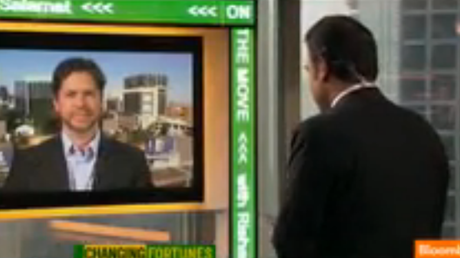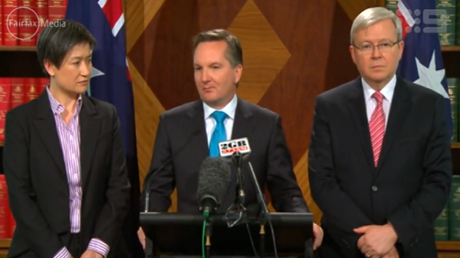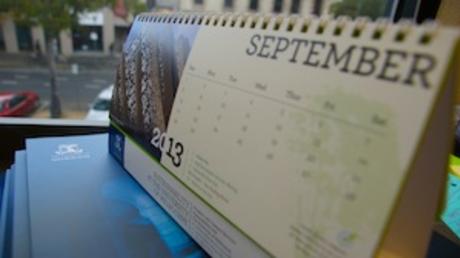Nicholas Reece is a Principal Fellow in the School ofr Social and Political Sciences and the Melbourne School of Government. He is director of Election Watch.
He was a senior aide to former Australian Prime Minister Julia Gillard and political advisor to Victorian Premiers Steve Bracks and John Brumby. He has also worked as a lawyer, journalist, and Labor party secretary.
Nick’s areas of expertise include public policy, public sector management, election and community campaigns, media and communications, political parties, voting systems and parliamentary process.











